Riot Games’ new tactical first-person shooter VALORANT has opened on Twitch with some of the strongest viewership that the platform has ever seen, even though the game is only in closed beta testing.
Peaking at more than 1.7 million viewers, the game recorded over 19 million hours watched when content creators were allowed to play the game on stream for the first time. VALORANT accomplished what many of Twitch’s highest-performing games would consider a strong week of viewership in just one day.
Riot’s highly-anticipated game surpassed many people’s expectations for what sort of audience a game can attract on Twitch, especially in just its first day. But for those who pay close attention to the way that Twitch viewership works, this monstrous viewership, while unprecedented, isn’t as much of a surprise. Though VALORANT is on a path to becoming a staple on Twitch, it’s important that the industry avoids letting the first day set unrealistic expectations for the game’s future.
There’s a strong chance that VALORANT has what it takes to be one of the most popularly streamed games, but tapering our predictions could prevent the game from having a reputation that it won’t be able to live up to.
VALORANT’s beta release this week has been a perfect storm of viewership stimulation, but many of the factors that went into making it hugely successful on its opening day won’t be reliable ways for the game to attract viewers long term.
Twitch drops, the COVID-19 pandemic, and Riot’s status as a top developer making a new game all mixed together perfectly, making an explosively potent viewership-boosting cocktail.
For starters, the top developers in the industry have a history of consistently attracting viewers for a Twitch debut. Last year, Electronic Arts’ Apex Legends release in February generated more than 30 million hours watched multiple weeks in a row, something most games fail to do even once in a year.
While Apex was able to ride its initial success for more than a month, viewership eventually dipped back down when hype for the game subsided and other competing games in its genre, like Fortnite, released more content.
In the same vein, Twitch drops play an important role in driving viewership—and we’re not talking about some of the basic skins and cosmetics that are regularly available across a plethora of games with Twitch Prime.
Making VALORANT’s beta accessible to the public exclusively from watching content creators on Twitch is perhaps the game’s most significant driving force for viewership. Not only are people who may otherwise not watch Twitch logging in, but many people are even making multiple accounts and watching multiple streams on a handful of devices in an attempt to get whitelisted for beta access.
The key here is that the game, which is being hyped up by the gaming community, is only accessible by watching Twitch. One of the closest similarities we can make to this is from Twitch and Escape from Tarkov’s New Year’s drop event.
While people didn’t need to watch Twitch to play EFT, Twitch’s drop event for the game gave viewers tangible, beneficial items in-game that weren’t strictly a cosmetic boost. Instead of a game being “pay-to-win,” the event effectively made EFT “watch-to-win.” Riot’s move of making the beta accessible via a Twitch drop essentially took EFT’s event to another level.
But for EFT, the Twitch drop event could only help the game so much. Eventually, the title’s viewership dipped back down to more moderate figures. After opening the year with 30 million hours watched, the game’s viewership was cut to less than half of that just week’s after.
For a game like EFT that’s been around for a while, that short-term boost in viewership can lead to a residual imprint on some viewers helping the game mingle around the upper echelon of titles on Twitch. But for a new, highly-publicized game made by a gaming goliath like Riot, that initial boost is even more powerful.
Lastly, one element to VALORANT’s viewership that maybe isn’t being given as much attention is the fact that more people are watching Twitch. With the fallout of the COVID-19 pandemic keeping people in their houses and postponing all of traditional sports’ major leagues, the masses have been increasingly drawn to Twitch to find entertainment.
In the first quarter of the year, Twitch reached an all-time high in hours watched and average viewership, according to Streamlabs and Stream Hatchet’s quarterly report. It’s only natural that a massive event in gaming during a time like this would further boost its reach to record-level numbers.
Are all of these things good or bad for VALORANT’s long-term health on Twitch?
Speculating VALORANT’s future isn’t easy. The game certainly has a foundation that could propel it to starting a new era on Twitch. But, at the same time, the current hype surrounding its initial audience figures could serve to create unrealistic expectations moving forward that could hurt the game’s potential.
While fans watch streamers like Summit1g and TimTheTatman waiting endlessly in hopes of getting access to the VALORANT beta, it’s important to check your expectations for the game. If they don’t, they might end up being disappointed down the road.


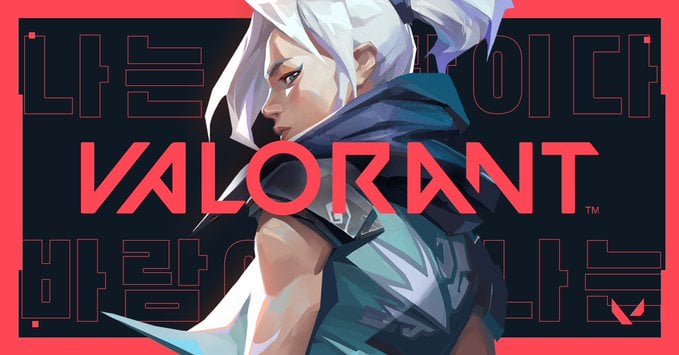

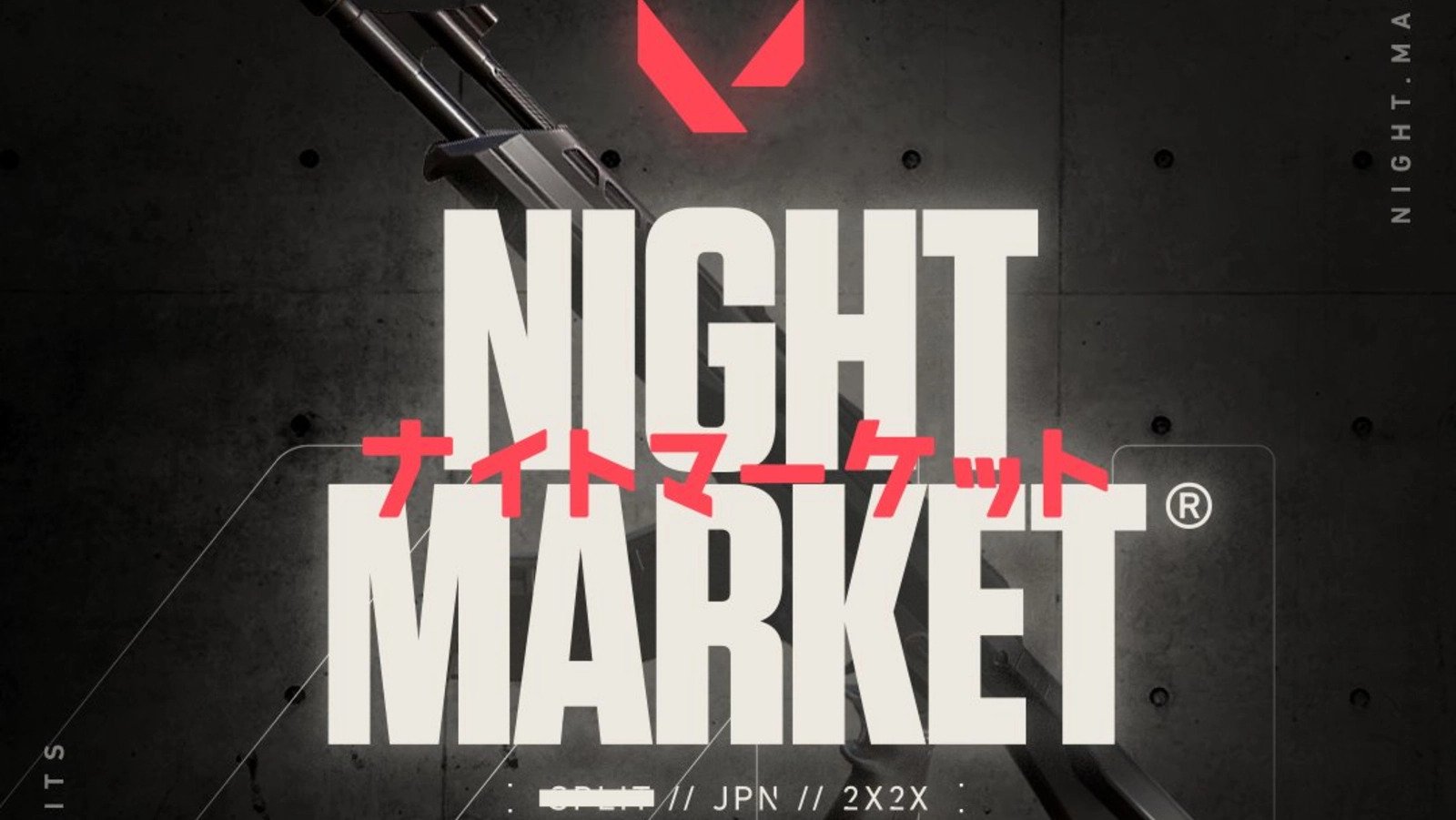

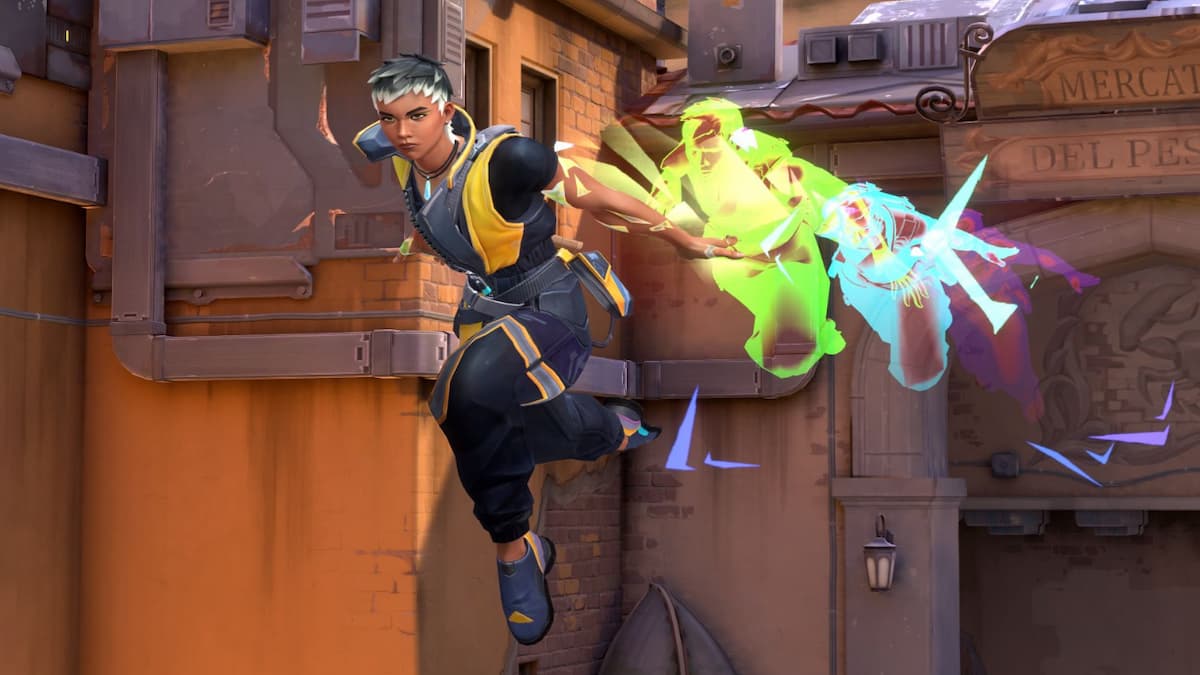
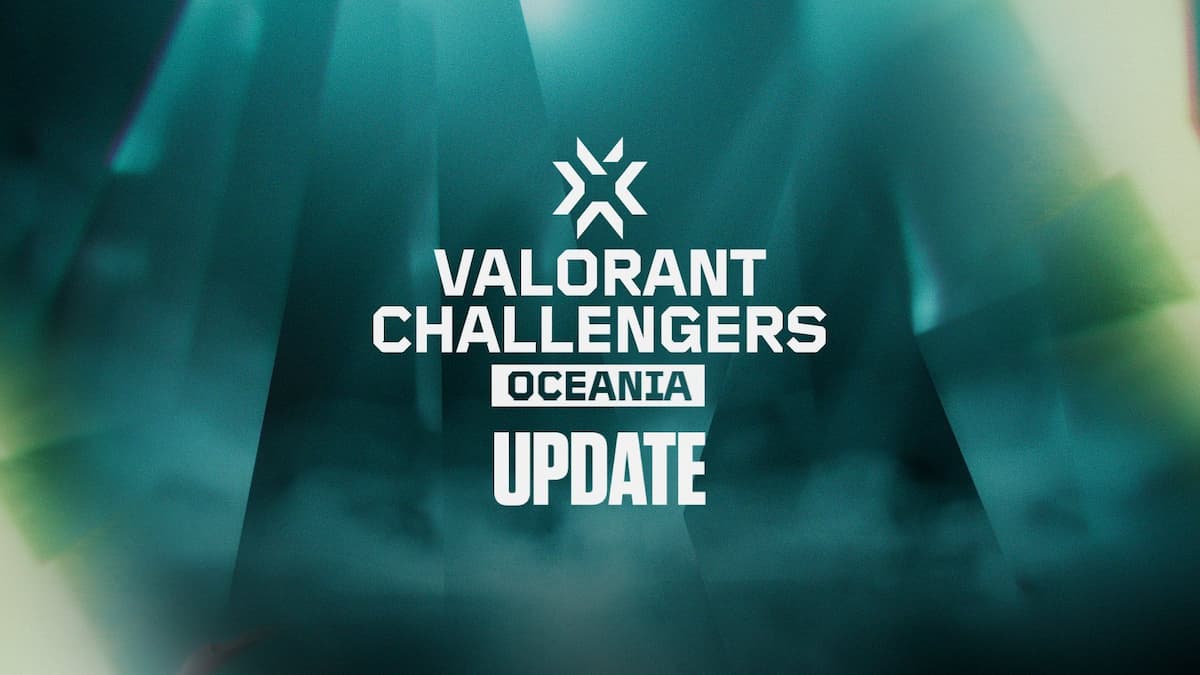

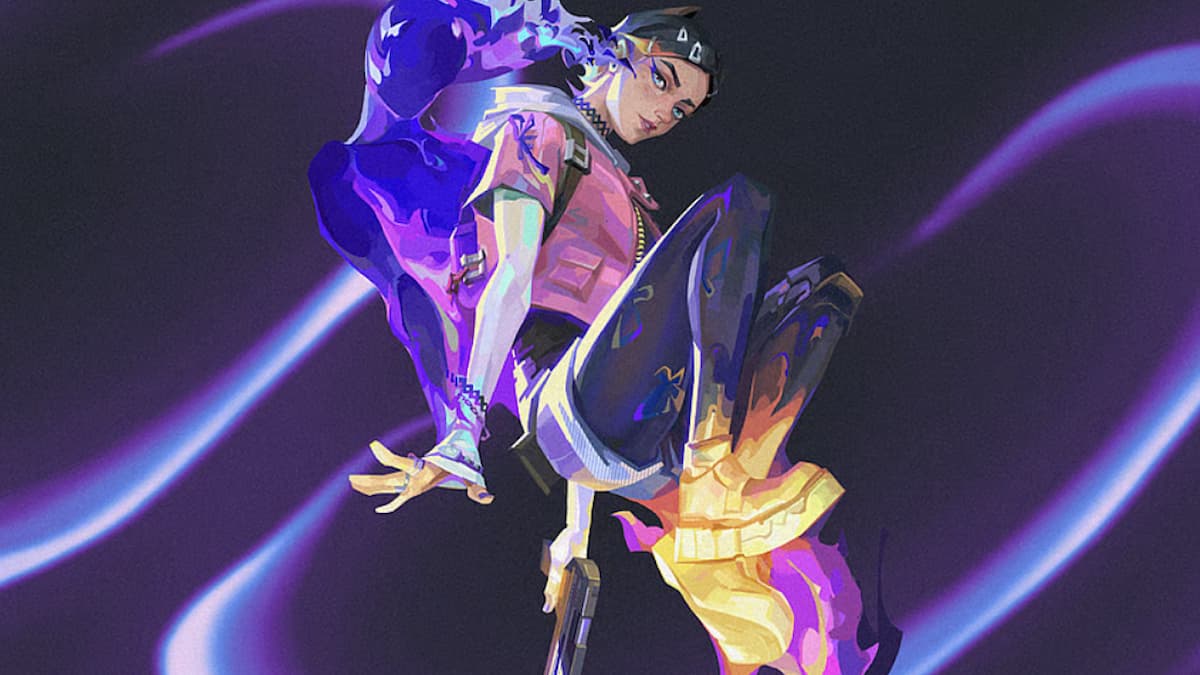
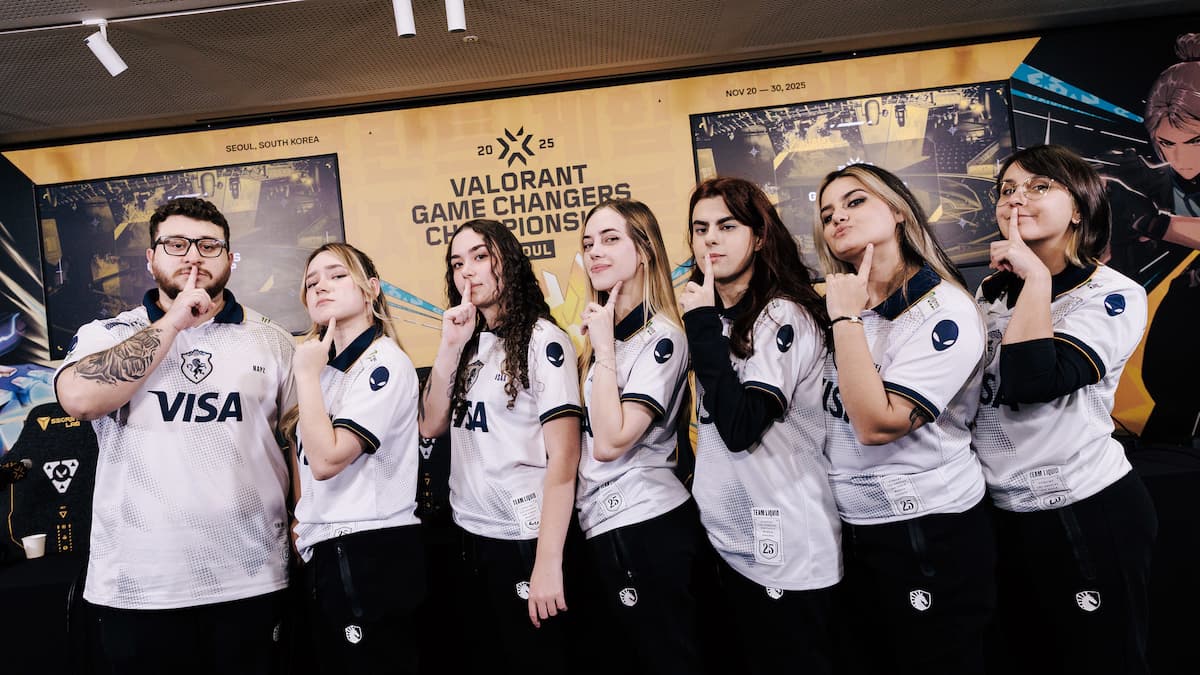


Published: Apr 8, 2020 04:51 pm